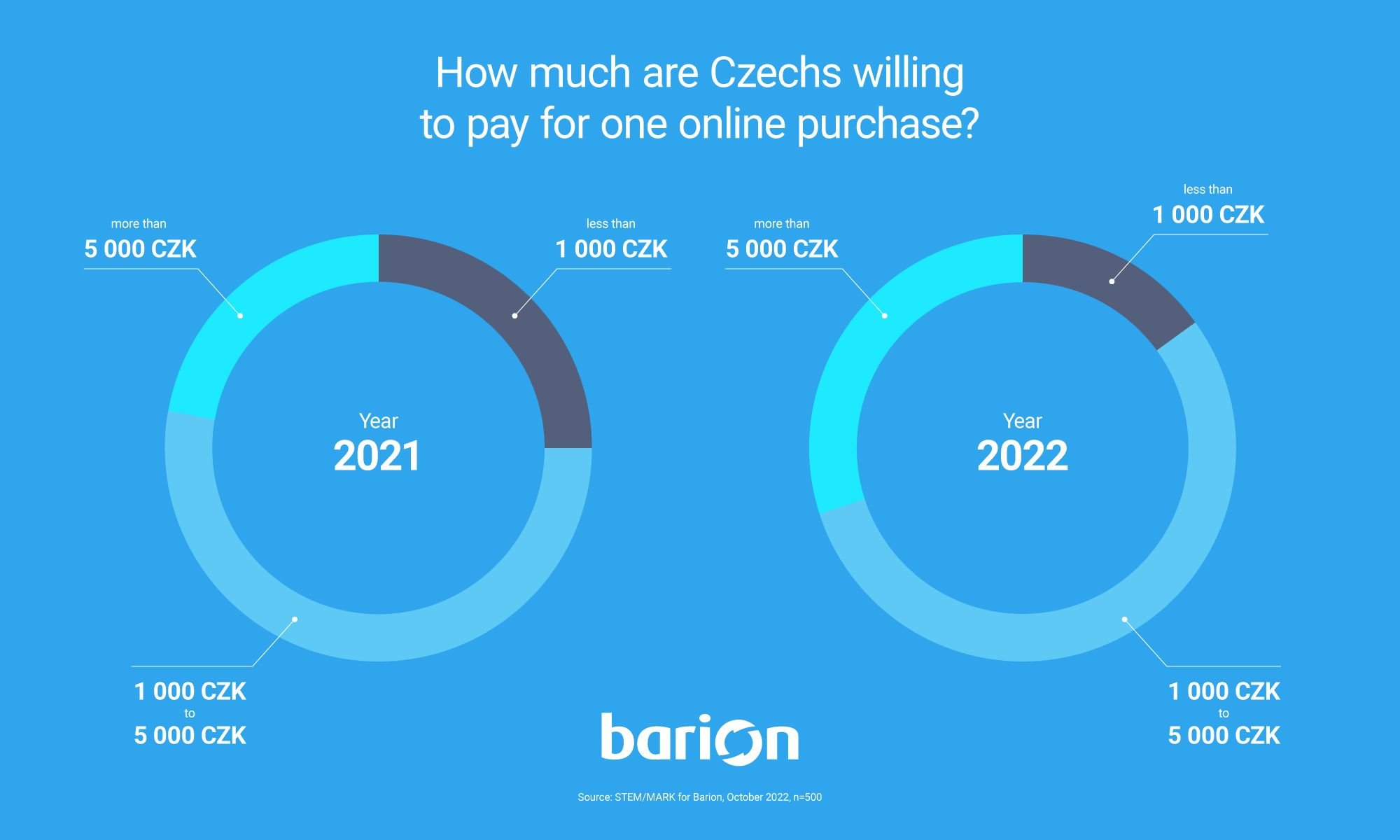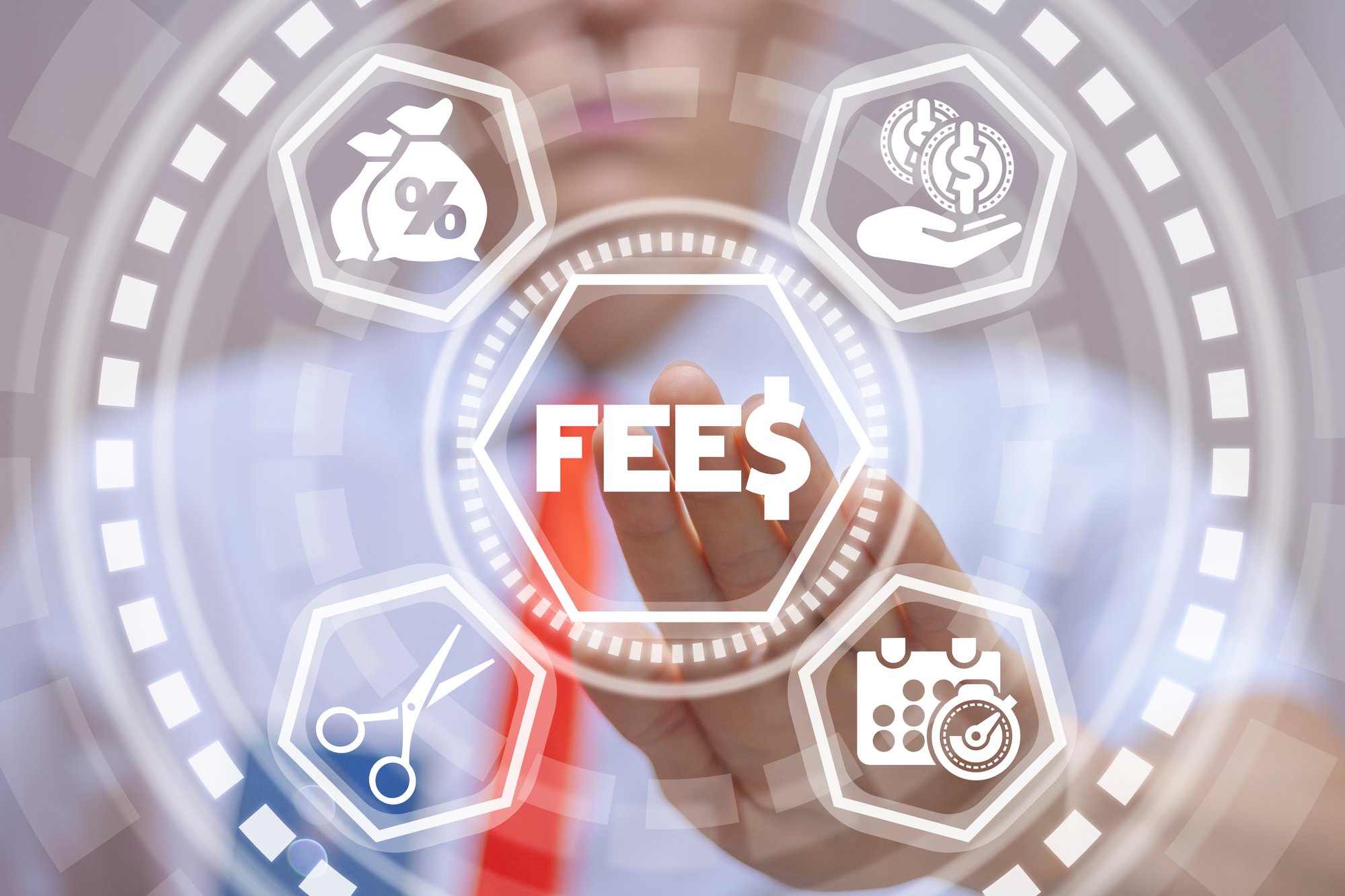FinTech
December 12, 2022
More like this
Learn more

FinTech
November 6, 2025
Barion Wins “Fintech of the Year 2025” at the Visa Awards

FinTech
November 30, 2022
The latest online payment trends in the Czech Republic
Catch up with the latest trends and tendencies of the e-commerce sector and digital payments in the Czech Republic.

FinTech
October 28, 2022
How do payment gateway providers hide their fees?
Transaction fees, monthly subscriptions, no flat rates - payment providers have many options to hide their fees. We listed them all to help you make the best offer on the market.







 Facebook
Facebook Discord dev community
Discord dev community @BarionPayment
@BarionPayment

 EU Licensed & Regulated Financial Institution
EU Licensed & Regulated Financial Institution